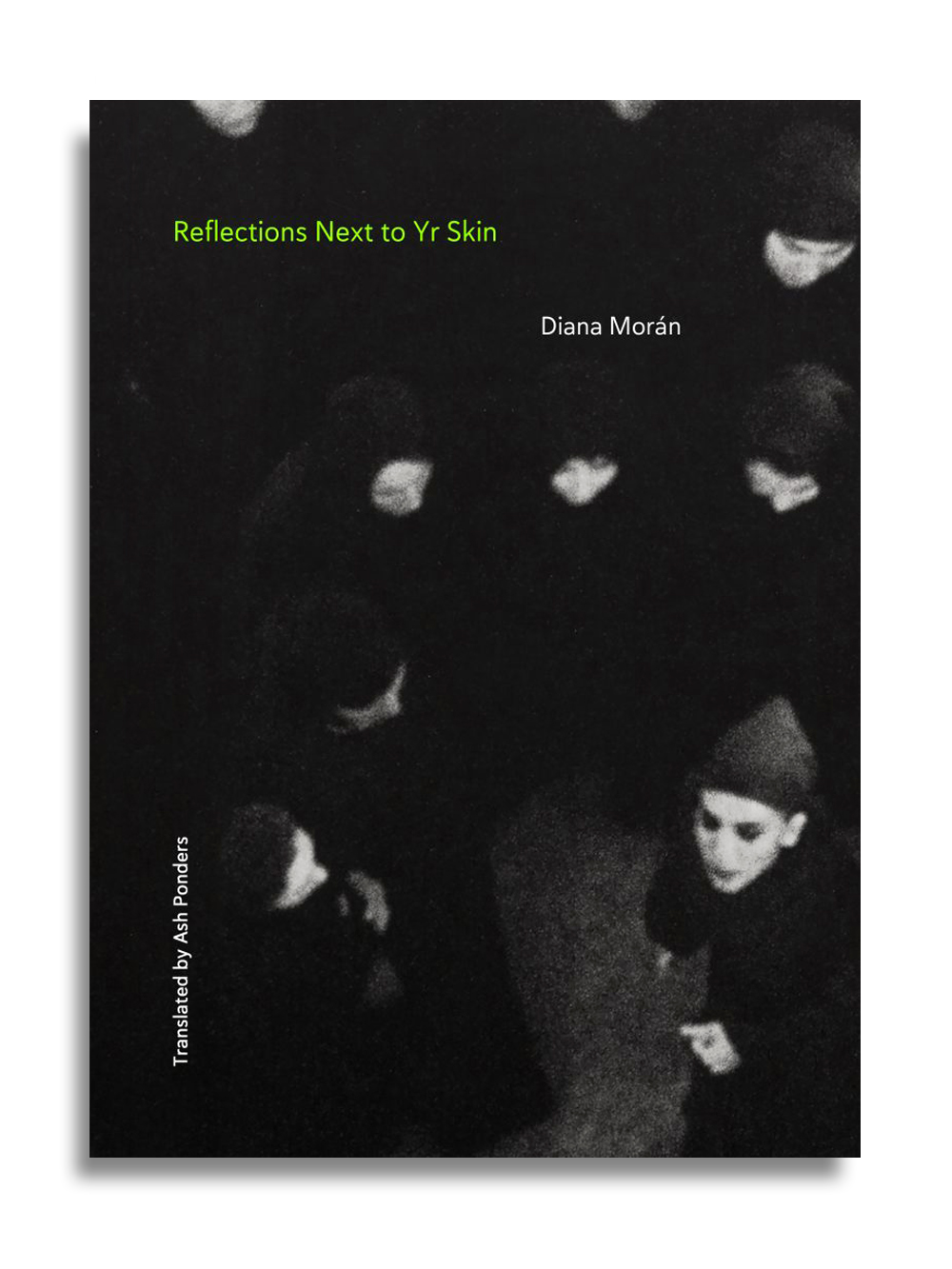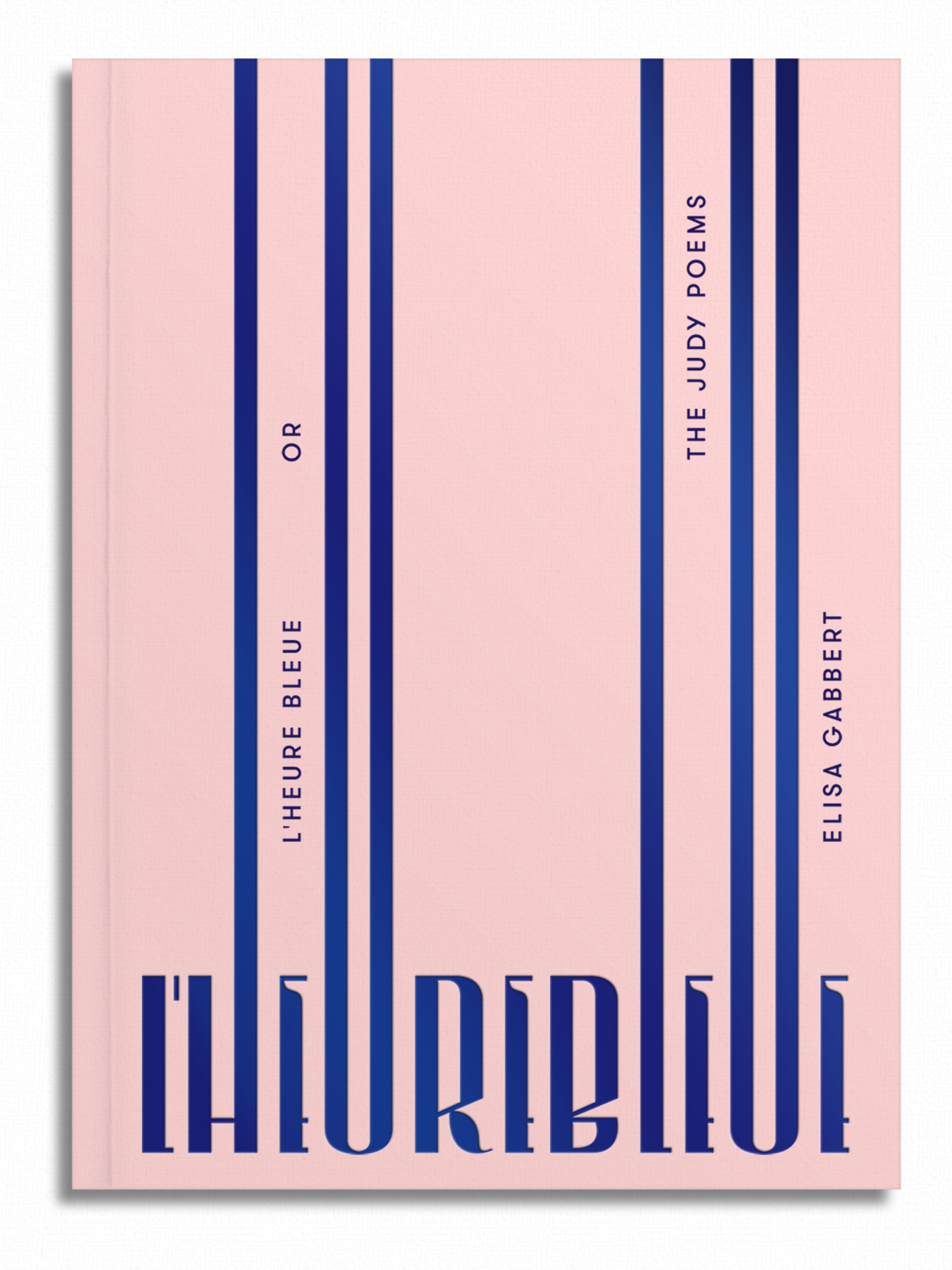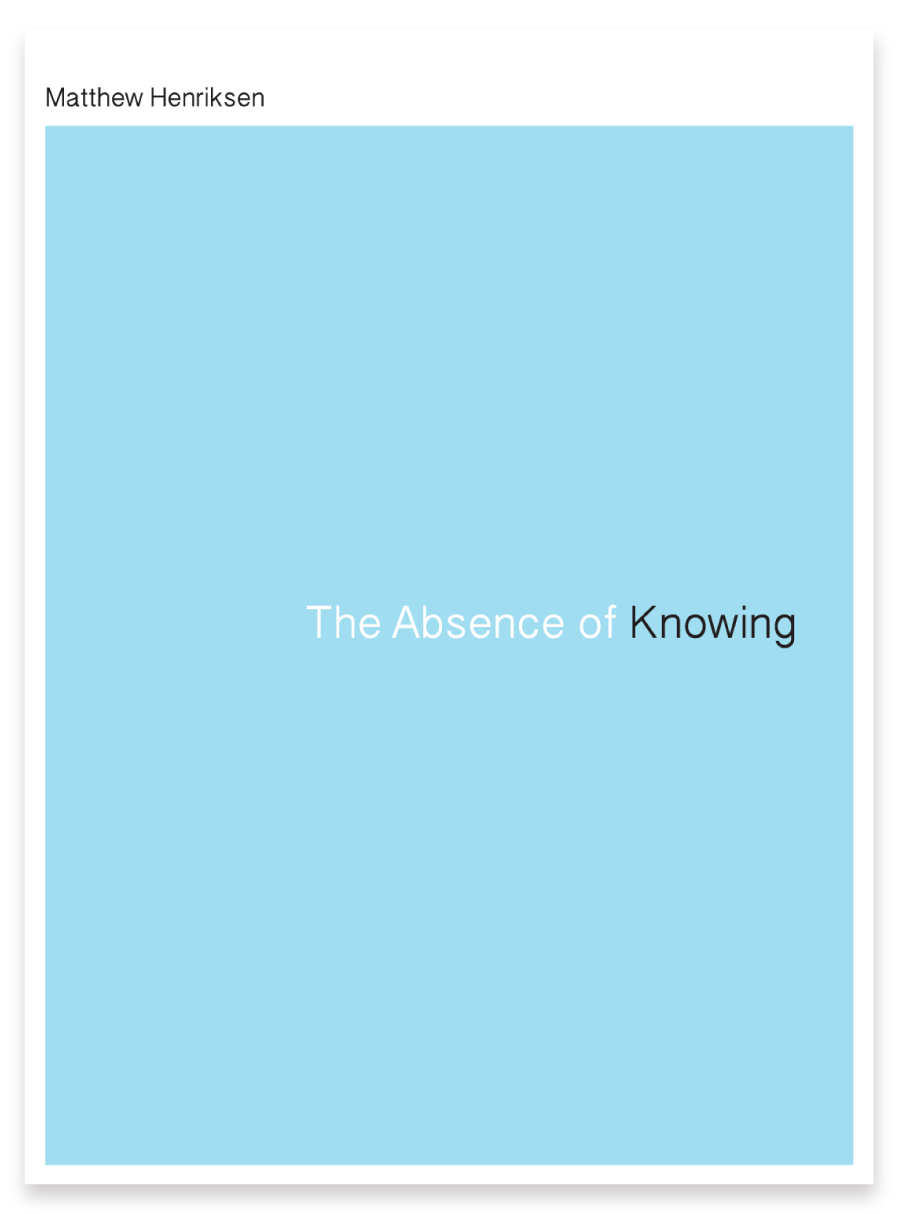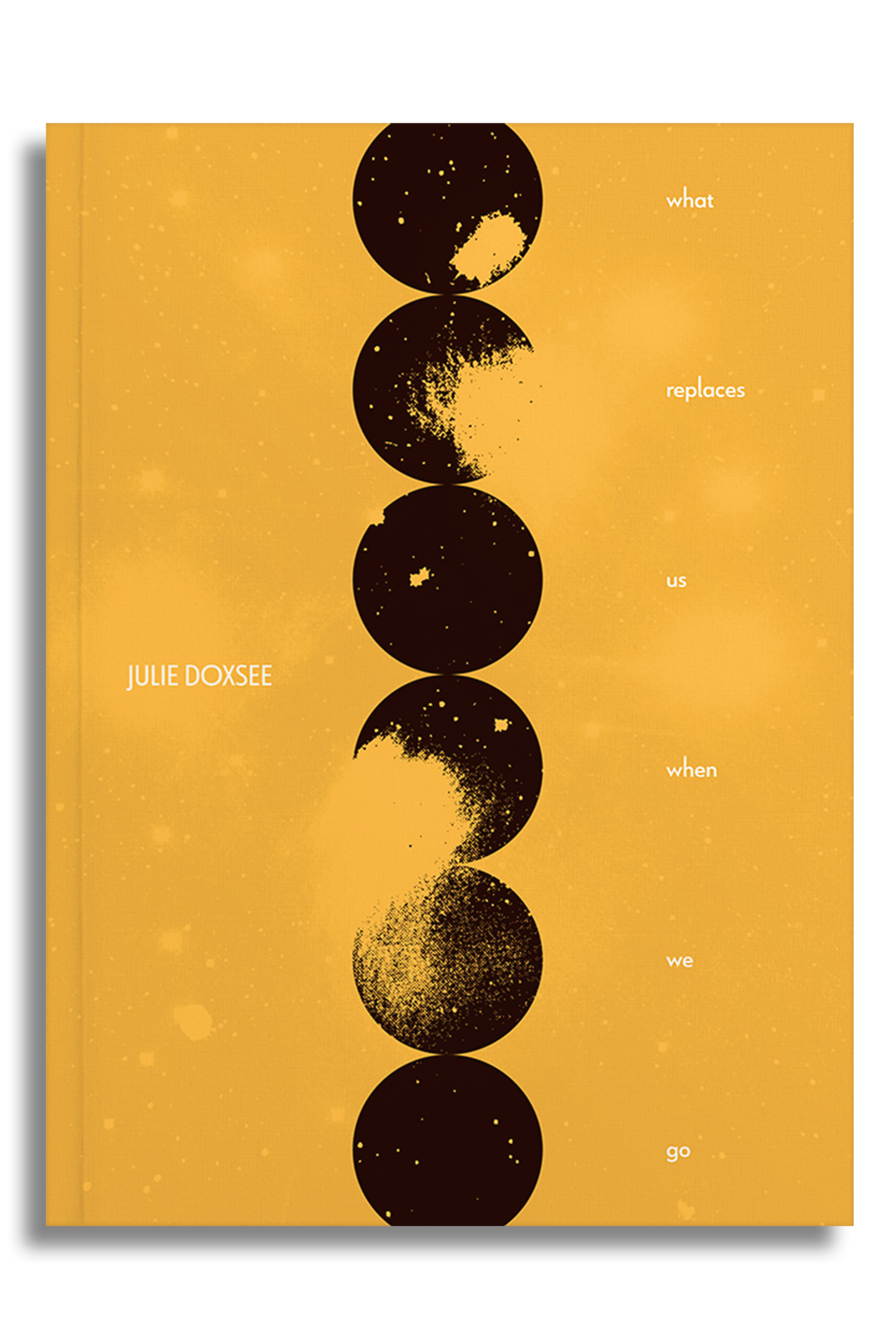Reflections Next to Yr Skin
Reflections Next to Yr Skin
by Diana Morán, translated by Ash Ponders
Softcover / 112 p. / Poetry
ISBN: 978-0-9987362-4-2
Born in Panama City on November 17th, 1932, Dr. Diana Morán led a life of social, sexual, and political activism that saw her arrested and exiled while still winning the country’s top prize for literature. A poet, union leader, professor, critic, and historian, Morán’s indelible if obscured legacy in Panama remains her ardent advocacy for feminism, the cultures of the isthmus, and a holistic appreciation of art in its myriad forms. Reflections Next to Yr Skin is Morán's first book translated into English.
In 1968, Morán was exiled from Panama by the Martínez & Torrijos Junta. Fearing for her life, she fled to Mexico City where she finished her doctorate at El Colegio de Mexico, worked at the Universidad Autónoma Metropolitana, and continued her polemic resistance to the military governments, imperialism, reactionary contras, and sexism. Her students, friends, and peers continued her work in Panama even after her exile.
Diana Morán died at her desk, still in exile, in 1987. Her published works are Eva definida(1959), Ficción e historia: la narrativa de José Emilio Pacheco (1979, with Ivette Jiménez de Baez and Edith Negrín), Soberana presencia de la patria(1964), En el nombre del hijo (1966), and Reflexiones junto a tu piel (1982). Her doctoral thesis, Cien Años de Soledad: Novela de la desmitificación (1987), and first book, Gaviotas de cruz abierta (1992), which won the the Ricardo Miró National Literary Contest of the Republic of Panama, were both published posthumously.
“By translating Reflections Next to Yr Skin, Ash Ponders brings readers into vital contact with Diana Morán’s riotous, gorgeous, saboteur poetry. Morán died in 1987, but her work is striking as ever, a poetics that revels in the messiness of borders both physical and affective, a “fugitive sheaf…imperfect / / disheveled / / my sweetheart” (“Poetry”).”







